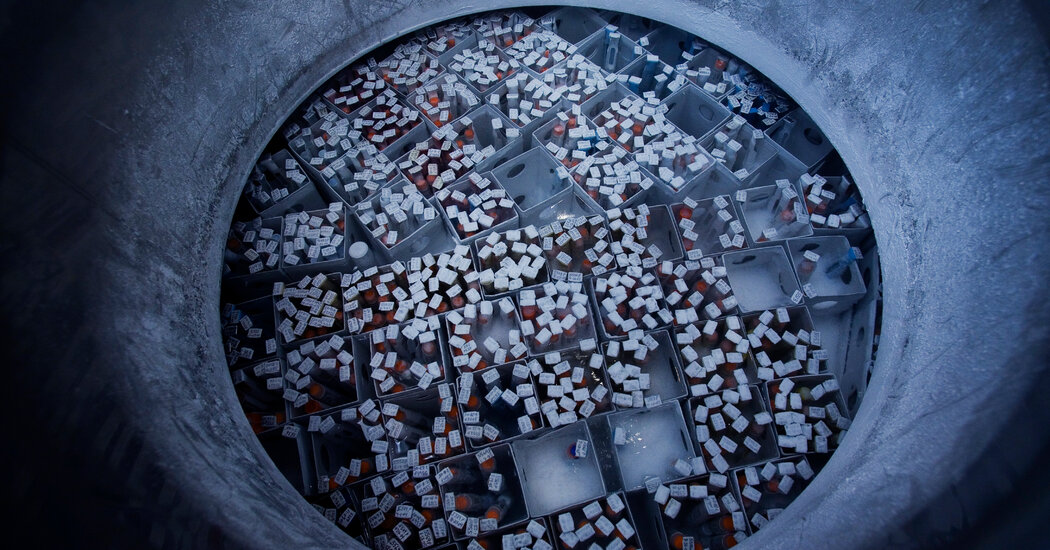5 More People Die From Listeria Linked to Boar’s Head Meats, C.D.C. Says
The nationwide outbreak that started in May has been connected to eight deaths. The C.D.C. is advising people not to eat any recalled products.Five more people have died after consuming products tainted with listeria that have been linked to Boar’s Head deli meats over the last three weeks, the Centers for Disease Control and Prevention said on Wednesday, bringing the total number of deaths in a nationwide outbreak to eight.In total, 57 people have been hospitalized because of the bacteria in the outbreak that started in May, the C.D.C. said. As a result of the outbreak, the company has recalled millions of pounds of meat. The recall includes about 70 products — including those made from ham, beef and poultry — that were manufactured at its plant in Jarratt, Va. The recall mostly affects products that are sliced at the deli counter, the company said in a statement on its website.The five new deaths are one person from Florida, one person from Tennessee, one from New Mexico and two people from South Carolina, according to health officials.The numbers make it the largest outbreak of listeriosis since 2011, when at least 13 people in eight states died eating cantaloupe contaminated with listeria.The C.D.C. is warning people not to eat the recalled deli meats. Health officials are telling consumers to check their fridges for any recalled Boar’s Head products. (The C.D.C. is telling people to look for “EST. 12612” or “P-12612” inside the USDA mark of inspection on the product labels. Some of the products have sell-by dates that last until October 2024.)Listeria can live on surfaces, like meat slicers, and foods, even at refrigerated temperatures. Symptoms usually start within one to four weeks after ingesting the bacteria, but can take up to 10 weeks to show up, according to the C.D.C.Mild symptoms of listeriosis include a fever, muscle aches, nausea, vomiting and diarrhea. More severe symptoms include headache, a stiff neck, confusion, loss of balance and convulsions, according to the U.S. Food and Drug Administration.Every year, about 1,600 people in the United States develop serious listeria infections, according to the C.D.C. The bacteria are naturally found in soil and can contaminate foods such as dairy products, leafy greens and fruits. Most people who ingest the bacteria Listeria monocytogenes don’t get sick, but certain high-risk individuals, including pregnant women and people who are over 65 or immunocompromised, can become seriously ill.
Read more →



